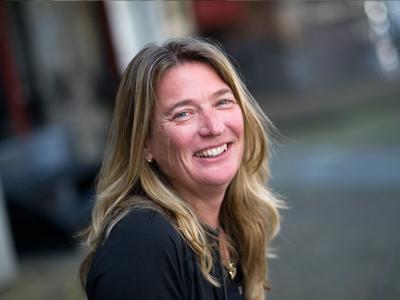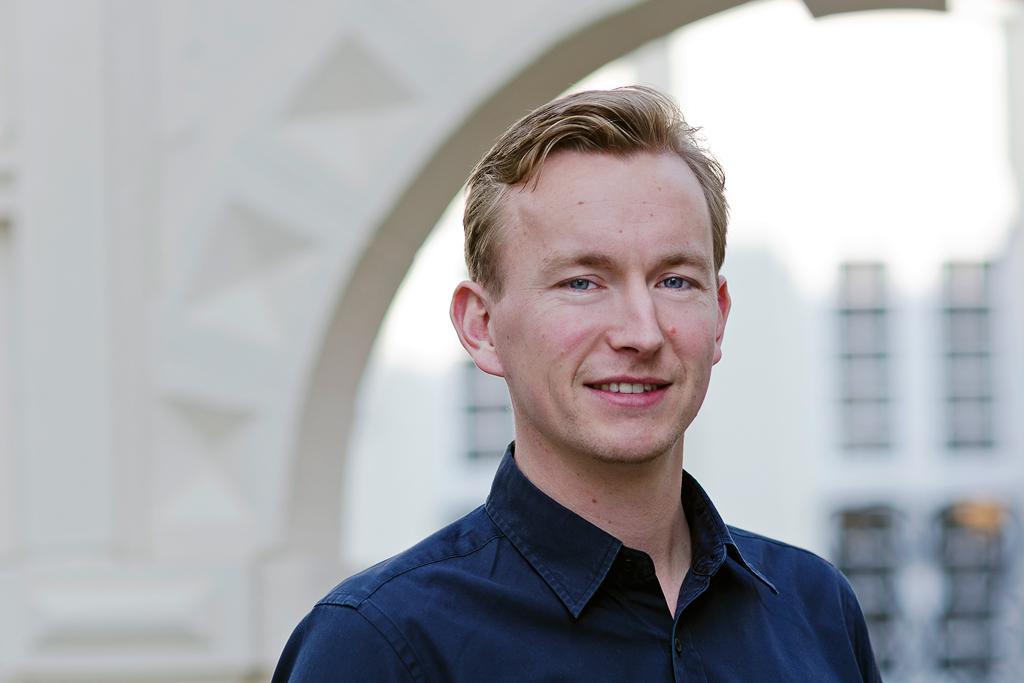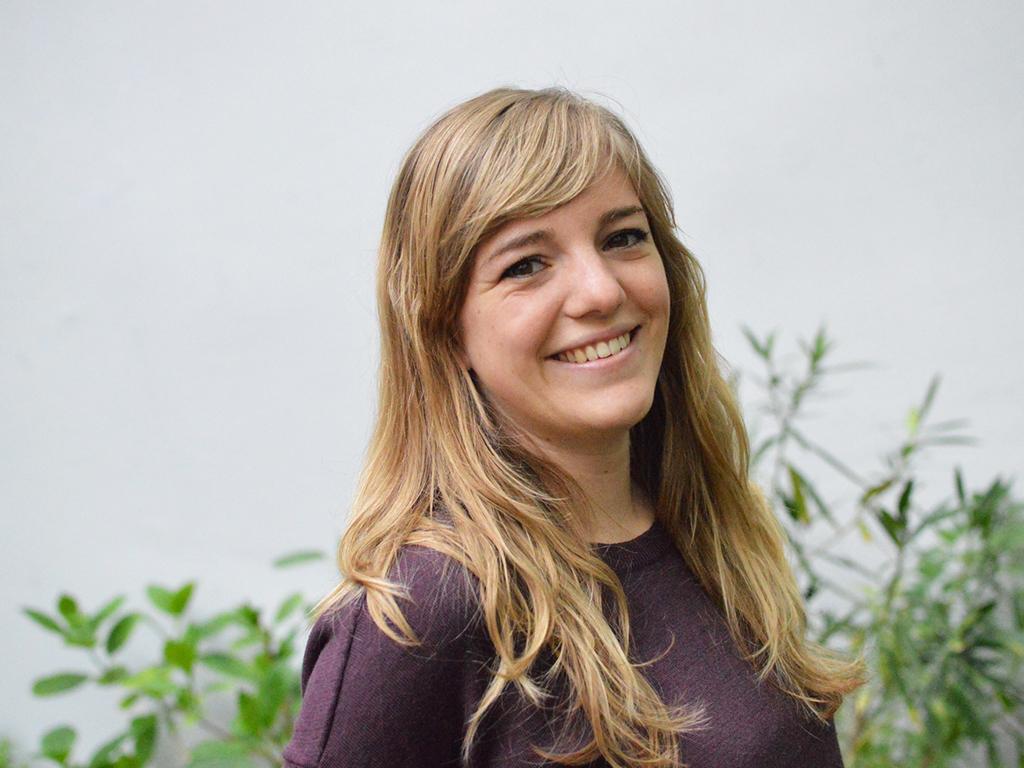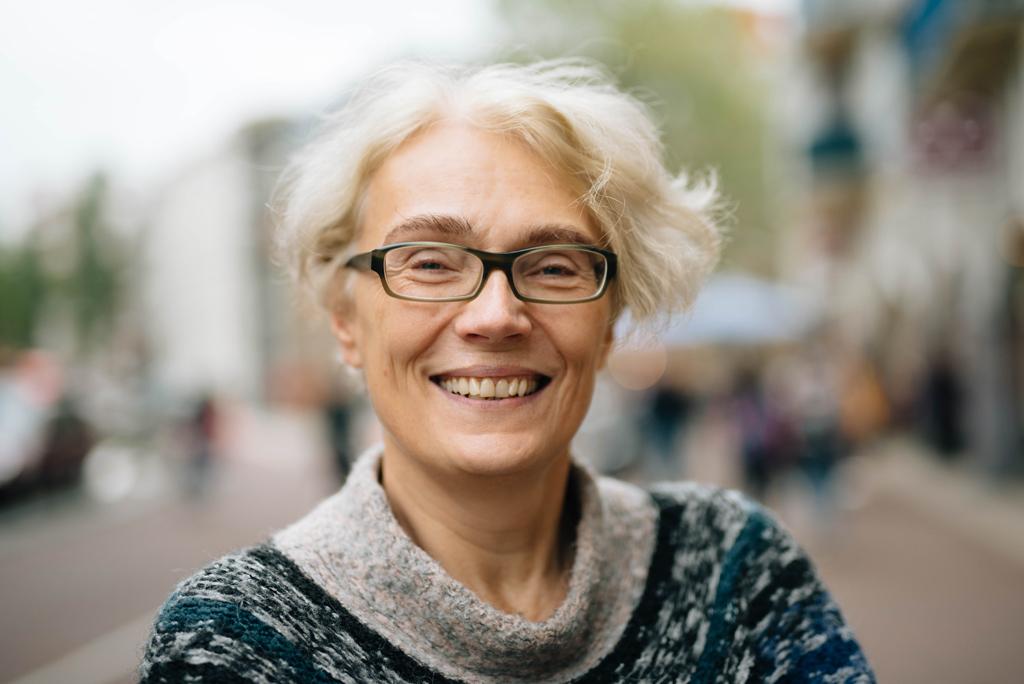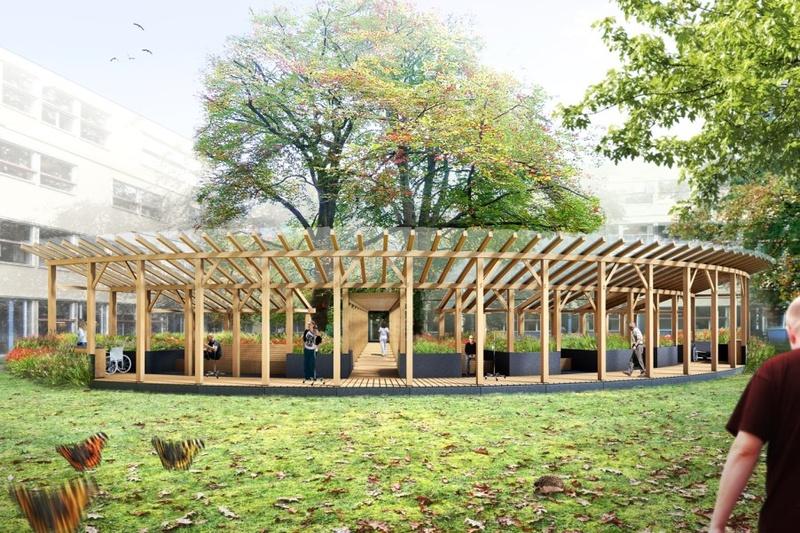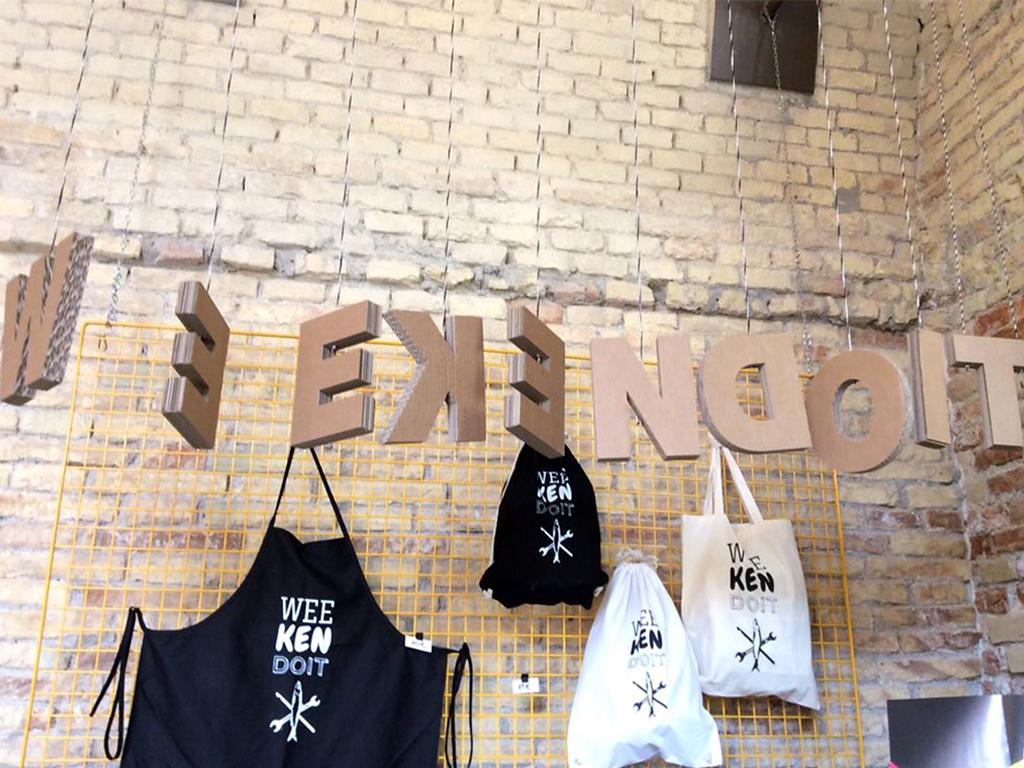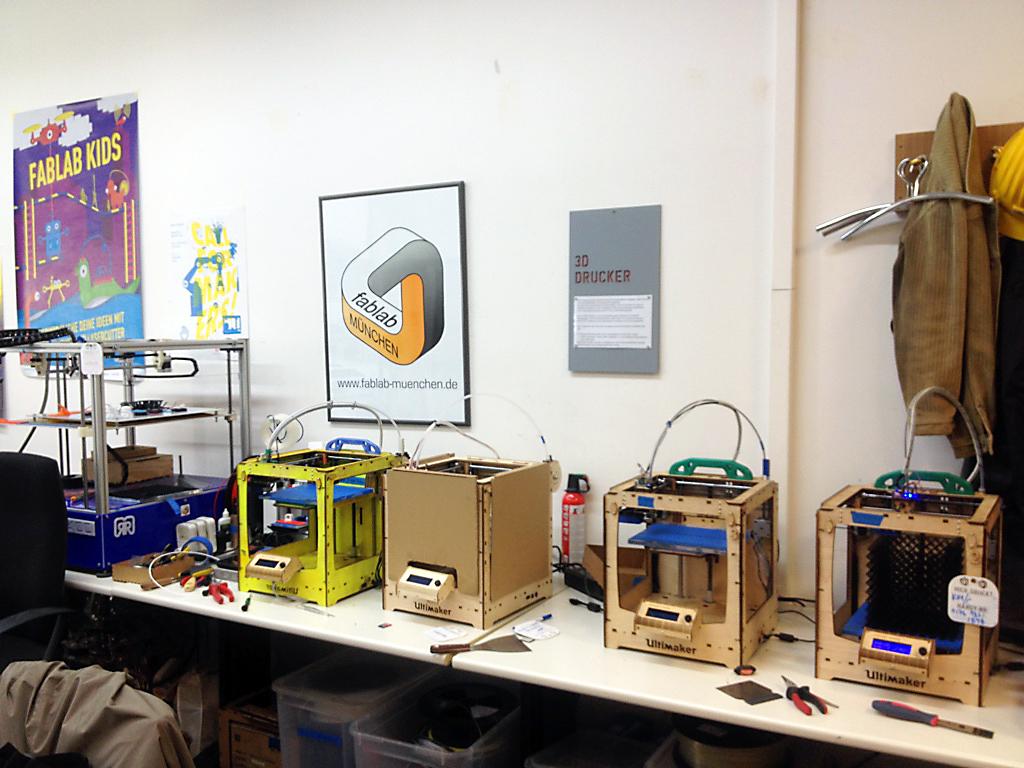GRAGE (Grey and Green in Europe: elderly living in urban areas) intended to develop ideas to promote an active, harmonious, and inclusive citizenship for elderly people living in urban contexts.
Europe faces many challenges in achieving a more balanced regional development and sustainable economic recovery. Many of these challenges have to do with the aging population trend, urbanization, and environment under distress. The increase of liveable and efficient communities is a target to be reached in Europe—where the 'silver hair' trend can become a challenging opportunity from a social, economic, and cultural perspective. Despite the fact that these challenges are strongly interlinked, those solutions provided for urban contexts often do not pay due attention to the social process underlying urban trends or to the needs and behaviour of elderly citizens.
GRAGE intended to contribute to fill this gap by developing winning ideas to promote an active, harmonious, and inclusive citizenship for elderly people living in urban contexts. The consortium gathers ground-breaking expertise from different scientific backgrounds (legal, economic, humanities, engineering); from academic and non-academic institutions; and from several different countries (e.g. EU and Ukraine). Using a mix of methodologies, the project's research and innovation programme will evolve around the idea of citizenship as a collector of interests, healthy environments, and suitable urban solutions for an aging society.
Themes
The main themes included: green buildings, food and urban agriculture, and information and language technology. Researchers analysed transforming cities in environments that support green and healthy lifestyles for elderly people.
GRAGE intended to boost dialogue throughout Europe to both strengthen the academic and non-academic collaboration, and build up a practical understanding of the elderly living across Europe. Such cooperation could provide a series of returns for Europe: ranging from a more effective solution to strategic challenges (sustainable cities and demographic change) to new business opportunities for European firms that could offer solutions and products for smart/inclusive/aging societies at a global level.
Metadata
Project duration
Publications
Team
Financiers
- EC RISE
Partners
- Universiteit Utrecht
- Università di Macerata (UniMC)
- Militos
- European Quality Institute (EQI)
- City of Oulu (Finland)
- Ifuplan
- University of Ulster
- University of Kyiv
This project has received funding from the European Union’s Horizon 2020 research and innovation programme under grant agreement no. 645706.

